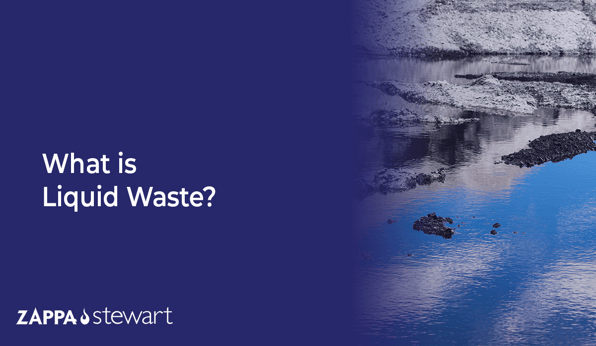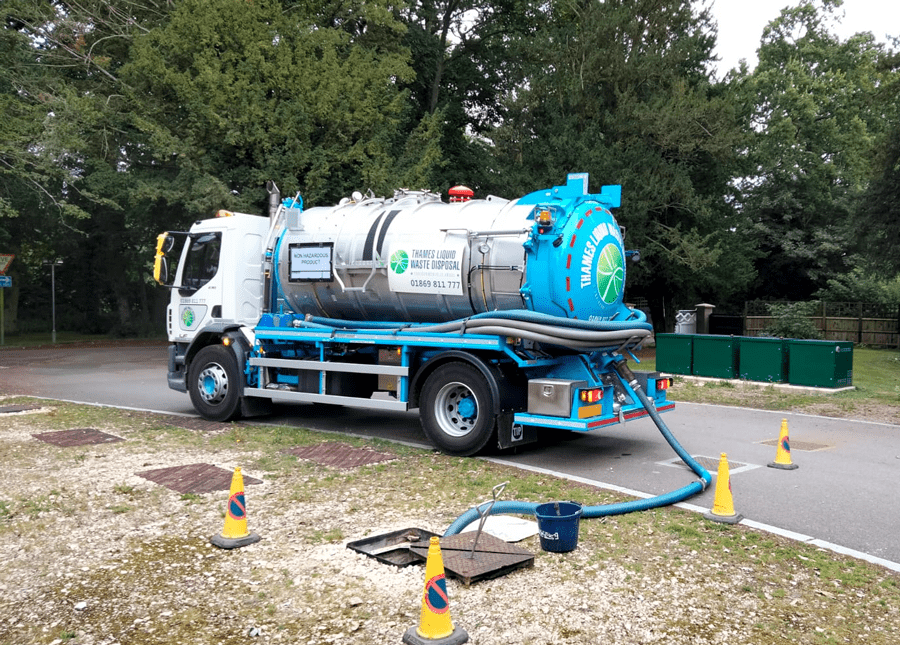The Only Guide for Reclaim Waste
The Only Guide for Reclaim Waste
Blog Article
Reclaim Waste Things To Know Before You Get This
Table of ContentsSome Ideas on Reclaim Waste You Should KnowThe Definitive Guide to Reclaim WasteReclaim Waste Things To Know Before You Get ThisReclaim Waste Things To Know Before You Get This10 Easy Facts About Reclaim Waste Explained
Check out the types, incidents, and kinds of liquid waste. Domestic sewage waste refers to the waste and items from a domestic septic storage tank. This sort of waste is developed by human beings in homes, colleges, and various other buildings. This only consists of septic containers that have a drainpipe field. The correct administration and disposal of domestic sewage waste require fluid waste to be transferred to a sewer treatment plant where the correct methods and equipment are related to detoxify and take care of waste.
Commercial waste usually includes prospective hazards, such as combustible products or a mixture of fluid and solid waste products, and requires a much more sophisticated and thorough disposal process. The disposal of business waste typically entails the purification of waste before transportation to guarantee risk-free and correct disposal. Hazardous waste is developed from byproducts and drainage of commercial processes and production.
This kind of waste can not utilize the very same sewer administration transport or procedures as septic or industrial fluids. The industrial waste administration process requires the inspection and testing of liquid waste prior to it undergoes the disposal process (liquid waste disposal). Runoff waste is the liquid waste that comes from runoff and excess stormwater in extremely booming locations or cities
Overflow waste can cause contamination and flooding otherwise taken care of correctly. Find out more concerning sewer cleaning and waste monitoring. Making sure proper waste monitoring can stop calamities and decrease environmental harm. Both people in property setups and experts in industrial or production markets can gain from comprehending the processes and guidelines of liquid waste management.
Reclaim Waste - The Facts
Call PROS Providers today to discover our waste management and disposal services and the correct ways to care for the fluid waste you produce.
(https://www.easel.ly/browserEasel/14532007)Do you recognize what takes place to your water when you pull the plug, flush the toilet or drain pipes the washing device? No? Well, it deserves recognizing. This so-called 'wastewater' is not only an important source however, after treatment, will certainly be launched to our land, rivers or the ocean. Used water from commodes, showers, bathrooms, kitchen sinks, laundries and industrial procedures is called wastewater.

water utilized to cool down equipment or clean plant and tools). Stormwater, a kind of wastewater, is drainage that moves from farming and urban locations such as roof coverings, parks, gardens, roadways, courses and gutters right into stormwater drains, after rain. Stormwater streams untreated straight to neighborhood creeks or rivers, ultimately reaching the sea.
Some Known Incorrect Statements About Reclaim Waste
In Queensland, many wastewater is treated at sewage treatment plants. Wastewater is moved from domestic or industrial websites through a system of drains and pump stations, recognized as sewage reticulation, to a sewage treatment plant.
The Department of Natural Resources suggests local governments about managing, operating and keeping sewage systems and therapy plants. In unsewered locations, city governments may require householders to install individual or home sewage therapy systems to deal with domestic wastewater from toilets, kitchens, washrooms and washings. The Division of Natural Resources authorises using house systems when they are confirmed to be reliable.
The majority of stormwater obtains no therapy. In some new subdivisions, therapy of some stormwater to get rid of trash, sand and gravel has started utilizing gross pollutant catches. Wastewater therapy occurs in 4 phases: Eliminates strong matter. Larger solids, such as plastics and other objects wrongly released to sewers, are removed when wastewater is gone through screens.
Uses tiny living microorganisms recognizes as micro-organisms to break down and remove continuing to be dissolved wastes and great bits. Micro-organisms and wastes informative post are incorporated in the sludge.
The 25-Second Trick For Reclaim Waste
Nutrient removal is not readily available in all sewage treatment plants due to the fact that it requires expensive specialist tools. It is ending up being a lot more typical in Queensland. Clear liquid effluent created after treatment may still have disease-causing micro-organisms. If this effluent is launched into rivers such as rivers or the sea, the micro-organisms will eventually die out.

A lot of wastewater moves right into the sewerage system. Under the Act, local governments carry out authorizations and permits for ecologically pertinent activities (Ages) involving wastewater releases that could have a neighborhood influence.
Some Known Facts About Reclaim Waste.
Or else, samples are considered research laboratory evaluation. Usually numerous tests are required to establish the degrees of each of the different toxins such as oils, hefty metals and pesticides in water. Monitoring provides accurate details about water quality and can validate that permit problems are being met. The info gotten through surveillance provides the basis for making water quality decisions.
Report this page